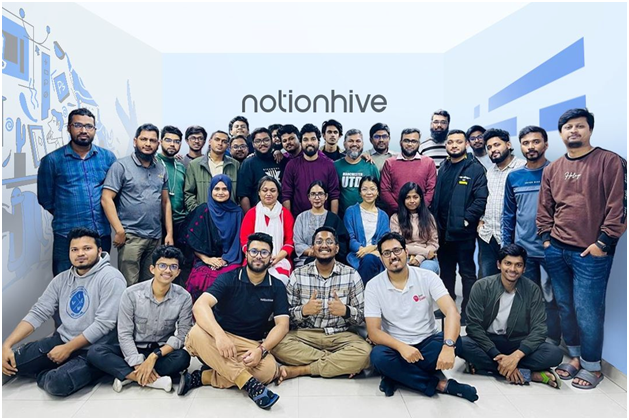
Former Senegal finance minister Makhtar Diop COURTESY
The World Bank on Thursday announced that it has selected former Senegal finance minister Makhtar Diop to lead the agency responsible for private sector finance at a critical time for the global recovery. He would be the first African to lead the International Finance Corporation (IFC), which leverages financing to support private firms in developing nations.
The announcement comes just days after the World Trade Organization (WTO) selected Nigeria’s former finance minister Ngozi Okonjo-Iweala as its new director-general, the first African and first woman to serve in that role.
Noting his “deep development and finance experience,” World Bank President David Malpass said, Diop’s “skills at IFC will help the World Bank Group continue our rapid response to the global crisis and help build a green, resilient, inclusive recovery.” Diop, currently World Bank vice president for infrastructure and previously vice president for Africa, will start his new role at the IFC on March 1.
As countries struggle to recover from the economic crisis sparked by the Covid-19 pandemic, and acquire enough vaccines, Diop cautioned that “the coming months will be very hard.” “The private sector has critical role to play in development,” Diop told reporters.
“My goal is to help bring back investment flows in emerging country to preserve jobs to create long term employment opportunities, especially the poorest country.” Malpass said the IFC will play a key role in the World Bank effort to accelerate vaccine distribution.
“Our goal is to have as many people vaccinated as quickly and as fairly … as possible” in the developing world, he told reporters. He said the World Bank expects to have $3 billion committed to vaccine purchases by the end of March.
The Washington-based development lender said Diop’s key responsibilities will be to “deepen and energize” what it called the IFC’s 3.0 strategy to mobilize private capital, increase climate and gender investments and support countries facing conflict.
“It also aims to expand IFC’s impact in the poorest and most fragile countries, with a goal to more than triple IFC’s annual own-account investments,” the World Bank said.
Diop, an economist who studied in Britain, worked in finance before entering government. He was named Senegal’s minister of Economy and Finance in April 2000, a position he held for just over a year.












0 Comments